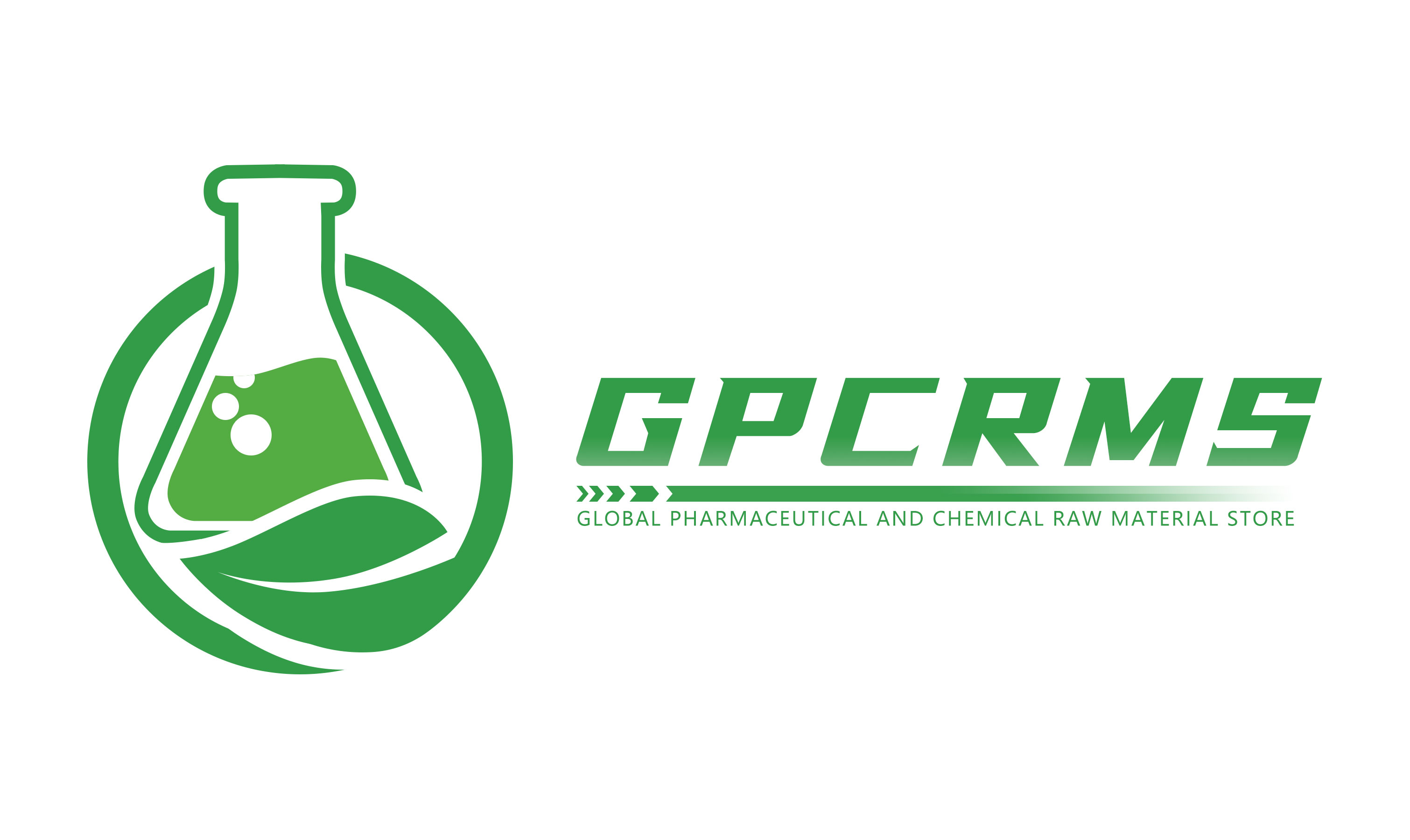Product Technical
For main products such as Sarms, steroids and peptides, We have our own complete production process, and have perfected the process flow very well in the small-scale, pilot and mass production processes. Not only can stable quality products be produced, but also through the improvement of technology and production quantity, production costs can be reduced, providing customers with stable product quality and more competitive supply prices, helping customers win more customers.
The advantages brought to us by independent production technology
<!--[if !supportLists]-->1. <!--[endif]-->Independent craftsmanship ensures stable product quality
Controlled Environment: Independent technology allows for the creation of a controlled production environment where variables such as temperature, pressure, and humidity can be monitored and maintained, reducing the risk of inconsistencies.
Standardized Processes: With proprietary processes, we can establish standardized operating procedures (SOPs) that ensure consistency in each batch produced. This minimizes variability and helps maintain product quality.
Quality Monitoring: Independent production often includes built-in quality control measures at various stages, enabling real-time monitoring and quick adjustments if deviations from quality standards occur.
Reduced Dependence on External Factors: When we manage our own technology, we are less vulnerable to fluctuations or issues arising from external suppliers or partners, which can impact quality.
Training and Expertise: Companies can invest in specialized training for their personnel, ensuring that everyone involved in the production process is knowledgeable about maintaining quality standards.
Feedback Loops: Independent technology allows for the implementation of feedback systems where production data can be analyzed to identify trends or potential quality issues, facilitating proactive measures.
2.The independent process makes the product cost more advantageous
Process Optimization: Companies can tailor their production processes to maximize efficiency, minimizing waste and reducing the time and resources needed to produce each unit.
Reduced Dependency on Suppliers: By controlling their own technology, companies can decrease reliance on external suppliers for raw materials or components, which can lead to cost savings and better negotiation power.
In-House Development: Companies can develop proprietary technologies that streamline production, reduce overhead costs, and eliminate the need to pay for external innovations or licenses.
Economies of Scale: Independent technology can facilitate larger-scale production, allowing companies to spread fixed costs over more units, reducing the cost per unit.
Automation and Efficiency: Companies can implement automation and other efficiency-enhancing technologies that lower labor costs and increase throughput without sacrificing quality.
Energy Efficiency: Independent processes can be designed to be more energy-efficient, leading to lower utility costs and reduced environmental impact.
Supply Chain Control: Managing the entire production process allows for better inventory control and reduced holding costs, as companies can produce only what is needed when it’s needed.
Continuous Improvement: With direct control over production, companies can continually assess and refine processes, leading to ongoing cost reductions and efficiency gains.
Fewer Quality Issues: By ensuring consistent quality through independent technology, companies can reduce the costs associated with rework, returns, and customer complaints.
